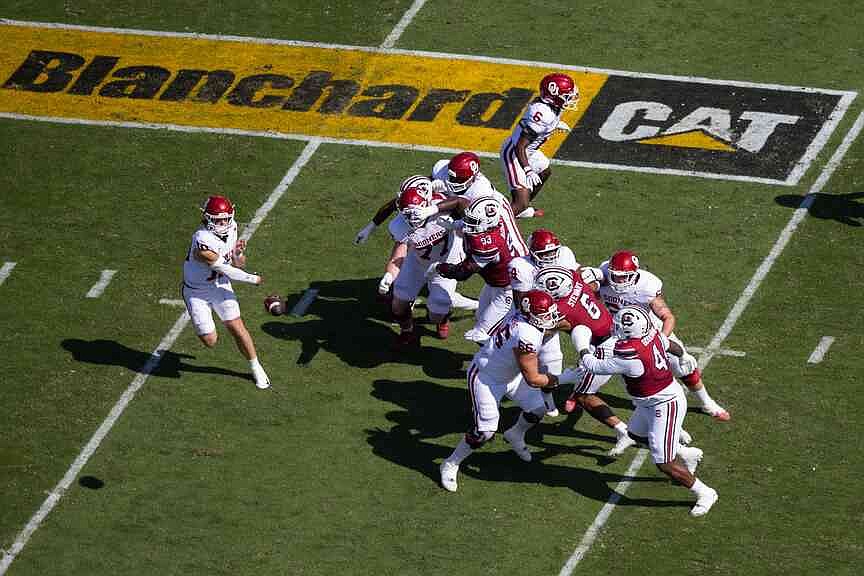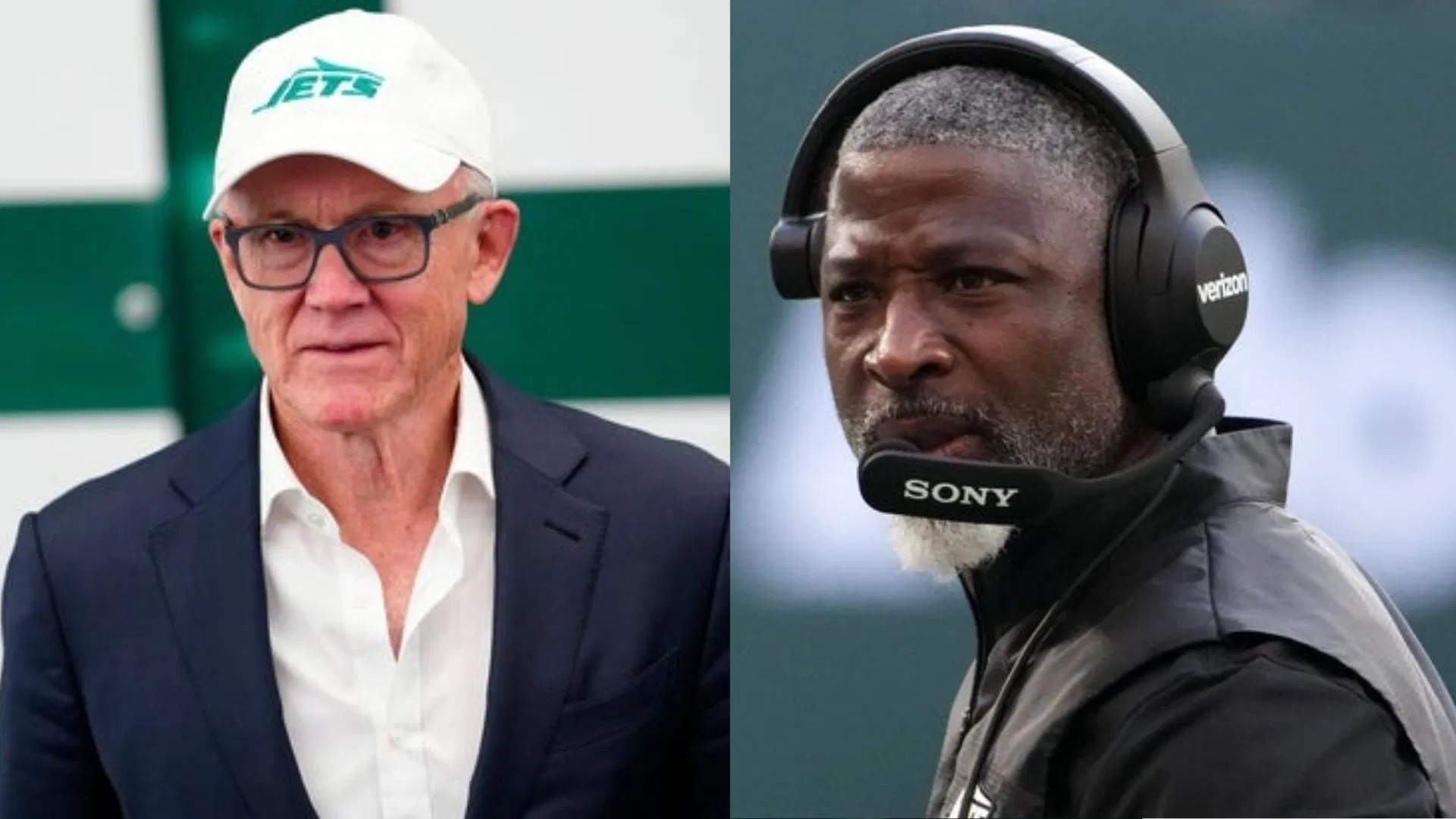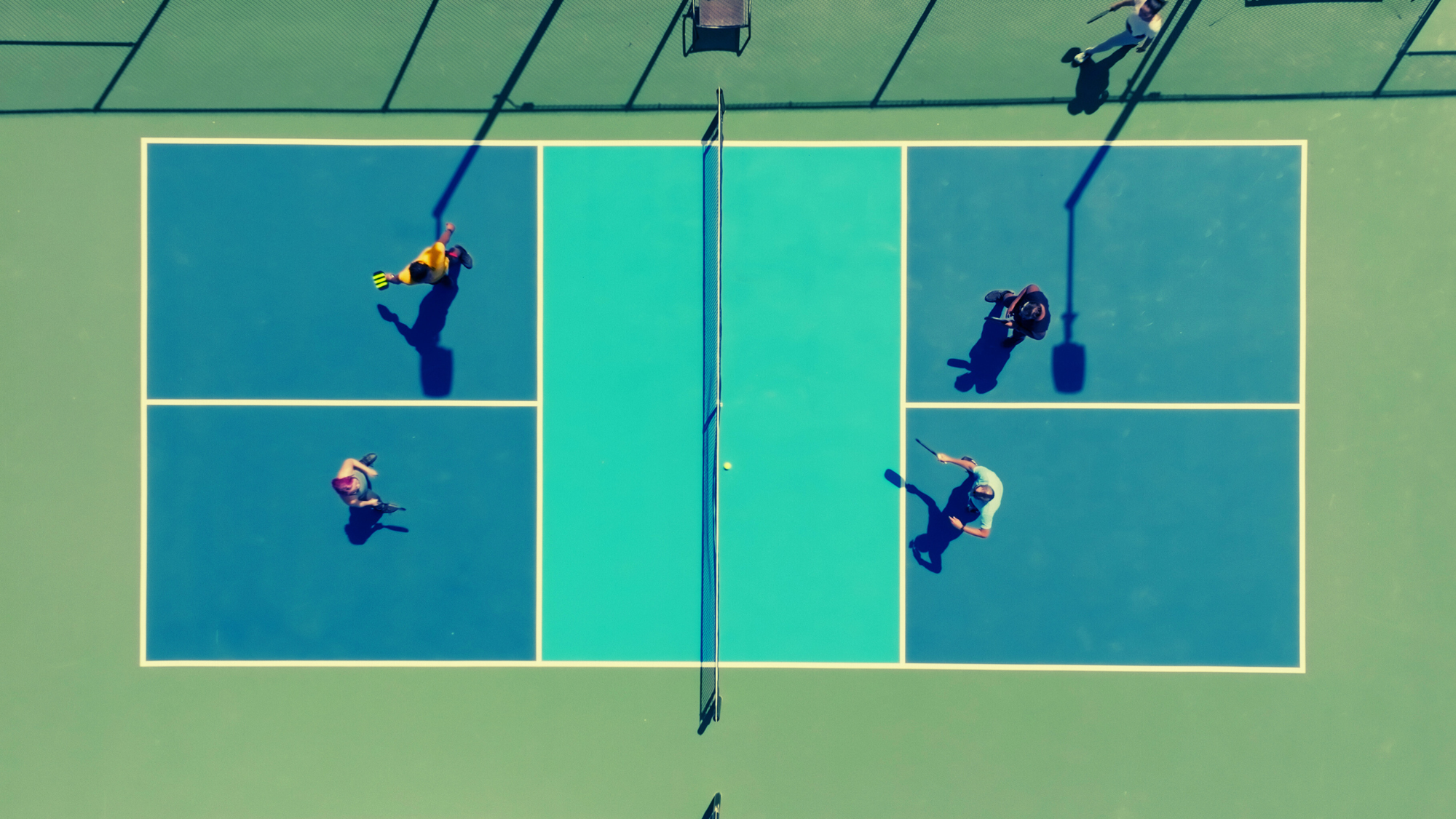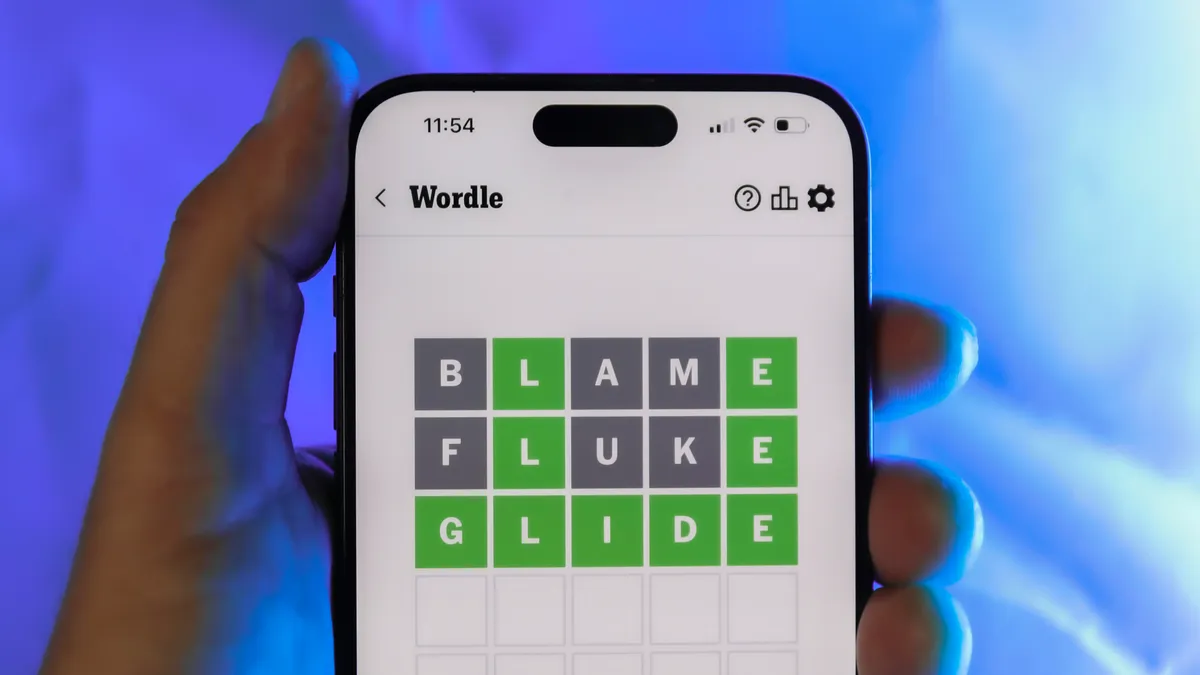Copyright newsweek
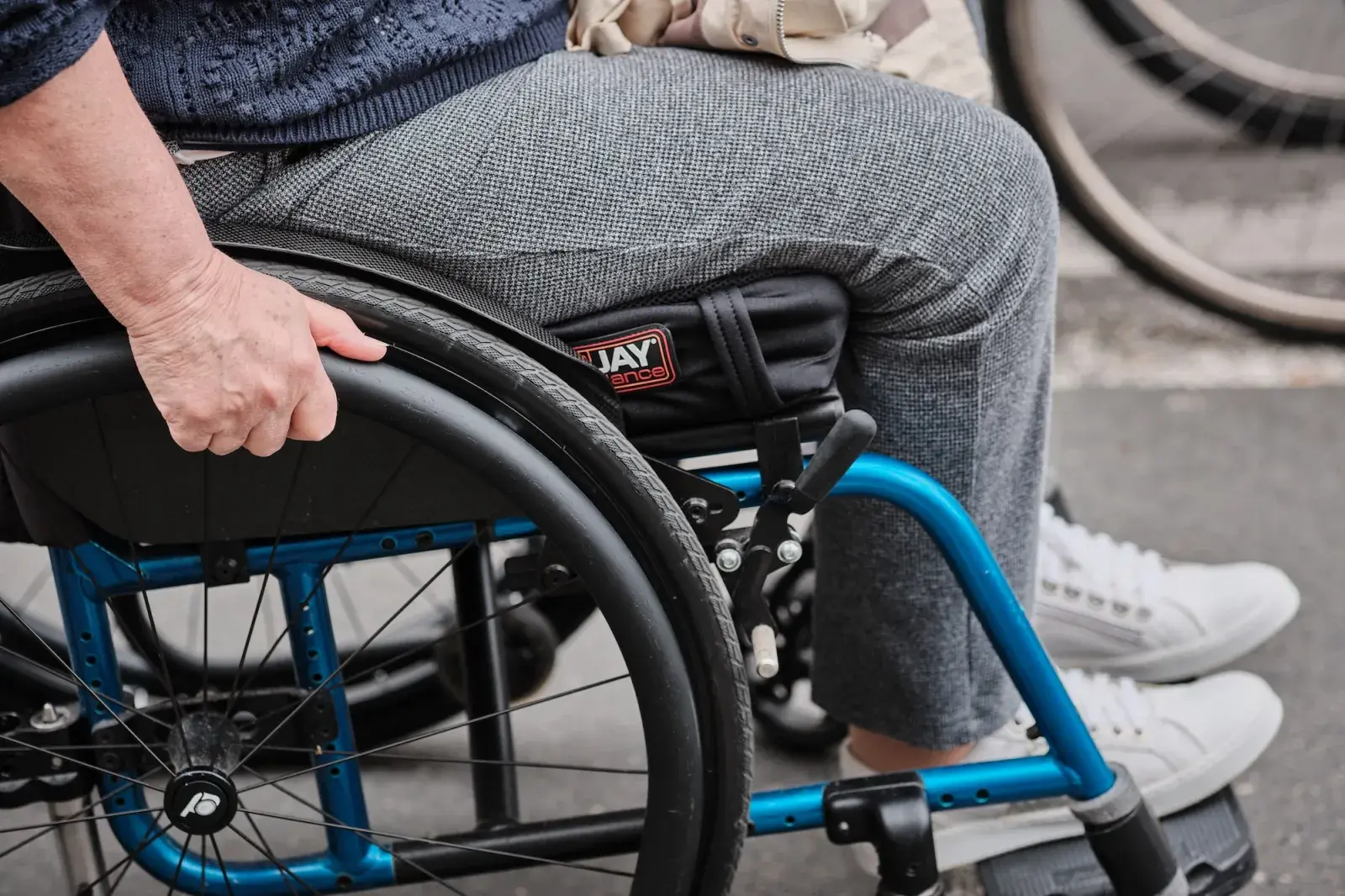
A few years ago, I sat on the porch trying to console Rebecca, a 26-year-old woman with cerebral palsy. Earlier that day a few volunteers at our Joni and Friends Retreat for special needs families signed her up for the children’s group. With her girlish grin and short blonde hair, Rebecca looked ten years old. It was a mistake that happened all the time. Overcome with loneliness and discouragement, she cried, “Joni, I don’t have any friends. I’m so lonely.” There are so many people like Rebecca. Experts bemoan the loneliness epidemic and its impact on youth, mental health, longevity, and chronic pain. The ravages of loneliness are especially hurting people with disabilities. Limited mobility, social stigma, and inaccessible spaces make isolation and loneliness a common problem. A recent U.S. survey of working‐age adults with disabilities found that over 30 percent reported often feeling a lack of companionship and up to 37 percent often felt left out. Nearly 40 percent of adults with disabilities feel isolated. That’s what Rebecca feels—all alone in a world that seems to care less. I can relate. When I was paralyzed in a diving accident at the age of 17, I experienced loneliness, isolation and sorrow. I’ve lived with quadriplegia for nearly 60 years now, and even though I am blessed with a husband, caregivers and serving as the founder and CEO of the international disability nonprofit Joni and Friends, I know firsthand how disability can isolate someone from others. In my experience, this is especially true in the lonely hours of the night while struggling with chronic pain. Loneliness and isolation look different for everyone. For families of individuals on the autism spectrum, it might come in the form of strangers who don’t understand their child’s sudden outbursts. For other families, it might look like sitting on the sidelines with a loved one in a wheelchair watching other children enjoy carnival rides. For all too many, it means staying at home alone with screens instead of finding genuine human connection in a park, a community center or a church. Side view of a disabled person, sitting in his wheelchair, with one hand on the wheel, in Clisson, France on March 08, 2025. (Photo by Adrien Auzanneau / Hans Lucas / Hans Lucas via AFP) But there’s a different kind of loneliness. Maybe you rub shoulders with plenty of people, but their frenzied social media habits make genuine contact with them nearly impossible. Discussion about the weather, sports and fashion may fill your day while the real issues of life—the kinds that eat at you when you lie awake thinking at night—stay harbored deep inside. The mountains you face are unknown to those at work as you pass them in the hall with a smile. As Mother Teresa said, “Loneliness and the feeling of being uncared for or unwanted are the greatest poverty.” After I broke my neck, I struggled with loneliness. During those difficult years, I saw a lot of other isolated wheelchair users at the rehabilitation clinic, and I saw something profound: Lonely people often develop the habit of looking inward, which only breeds more loneliness. Some do not have the emotional wherewithal to look outward to observe that others have needs as well. Former U.S. surgeon general Vivek Murthy has emphasized that community and human connection are essential to health and well-being. “Community is a powerful source of life satisfaction and life expectancy,” he said in January. “It’s where we know each other, help each other, and find purpose in contributing to each other’s lives.” I couldn’t agree more. My own mental health as a quadriplegic was strengthened by community. At the rehabilitation center, I sensed I would fall into suicidal despair if I looked inward. Instead, I looked outward and began asking for help—my physical needs demanded it. As I expressed my needs to others, I saw an organic community begin to grow around my own needs. People seemed to enjoy helping someone who cared about them. Whether it was emptying my leg bag, feeding me lunch, or taking me to a doctor’s appointment, I expressed respect and gratitude. I was no longer alone, and these helpers felt the same. That’s one of the reasons I started Joni and Friends—a disability ministry with a mission of creating hope, dignity and places of belonging for individuals living with disability. That day on the porch with Rebecca, I suggested that she volunteer her time at a local center for cerebral palsy. And the special draw? She’d get to hold and love infants with cerebral palsy! “They need you,” I said. At first, Rebecca wasn’t sure. But once the opportunity at the cerebral palsy center opened, she worked up the courage to take part. She started working with the children, and ended up loving her job. She told me that it was her job now to go from crib to crib and...
